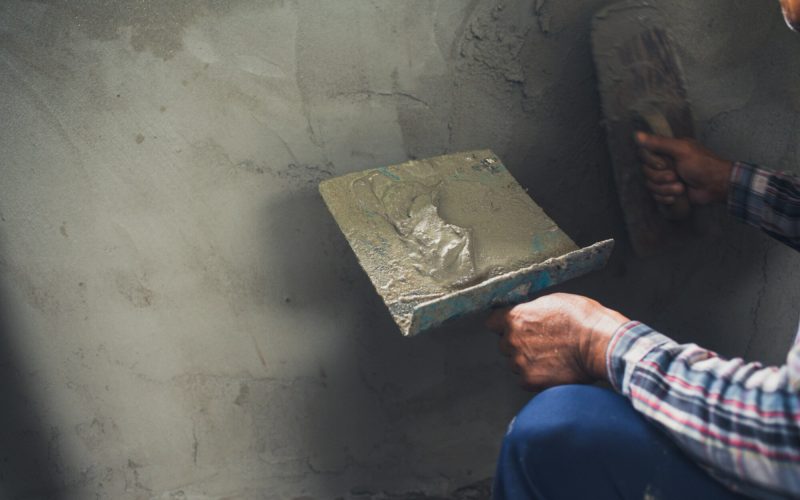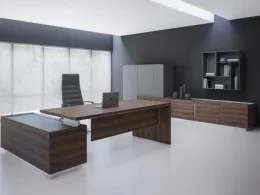Concrete is every where your driveway, sidewalk, patio, basement floor. But because it’s so common, we often take it for granted until something goes wrong. That little crack in your concrete may seem like no big deal today, but it can quickly become a costly issue if ignored. Timely concrete repair is not just about appearance; it’s about safety, property value, and long-term durability.
Why Do Cracks Form in Concrete?
Concrete may look solid, but it’s constantly under stress. Temperature changes, water intrusion, settling soil, and heavy loads can all create cracks over time. These cracks don’t just sit still—they widen and deepen, eventually compromising the surface and structure.
Some of the most common causes include:
- Shrinkage during the curing process
- Expansion and contraction due to temperature changes
- Heavy traffic or loads (like parked vehicles)
- Poor drainage leading to soil movement
What Happens If You Delay Repairs?
The longer you wait to repair concrete, the worse the damage becomes. What starts as a hairline crack can expand into a trip hazard or structural concern.
Common risks include:
- Water penetration that weakens the sub-base
- Mold growth in basements or garages
- Trip-and-fall accidents
- Increased repair costs due to deeper damage
Benefits of Timely Concrete Repair
Fixing concrete damage early helps you avoid larger issues down the line. Some of the benefits include:
- Safety: Prevents accidents on uneven or cracked surfaces
- Curb Appeal: Keeps your property looking well-maintained
- Cost Savings: Minor repairs are cheaper than full replacements
- Longevity: Properly repaired concrete can last for decades
Common Repair Methods
Depending on the damage, professionals might use:
- Crack sealing: For small cracks to prevent water intrusion
- Resurfacing: A new layer of concrete on top of the old one
- Patching: Filling in damaged areas with matching material
- Slab lifting (Polyjacking): Raising sunken concrete with expanding foam
When Should You Call a Pro?
While DIY kits exist, most repairs are best left to professionals—especially when cracks are wider than 1/4 inch, or the slab has started to sink. A qualified expert will assess the cause and recommend the best fix.
Conclusion
If you’ve noticed cracks or damage to your concrete surfaces, acting early is your best defense against long-term problems. At STL Polyjack, we provide expert concrete repair in St. Louis to restore both form and function ensuring your property remains safe, attractive, and structurally sound.












